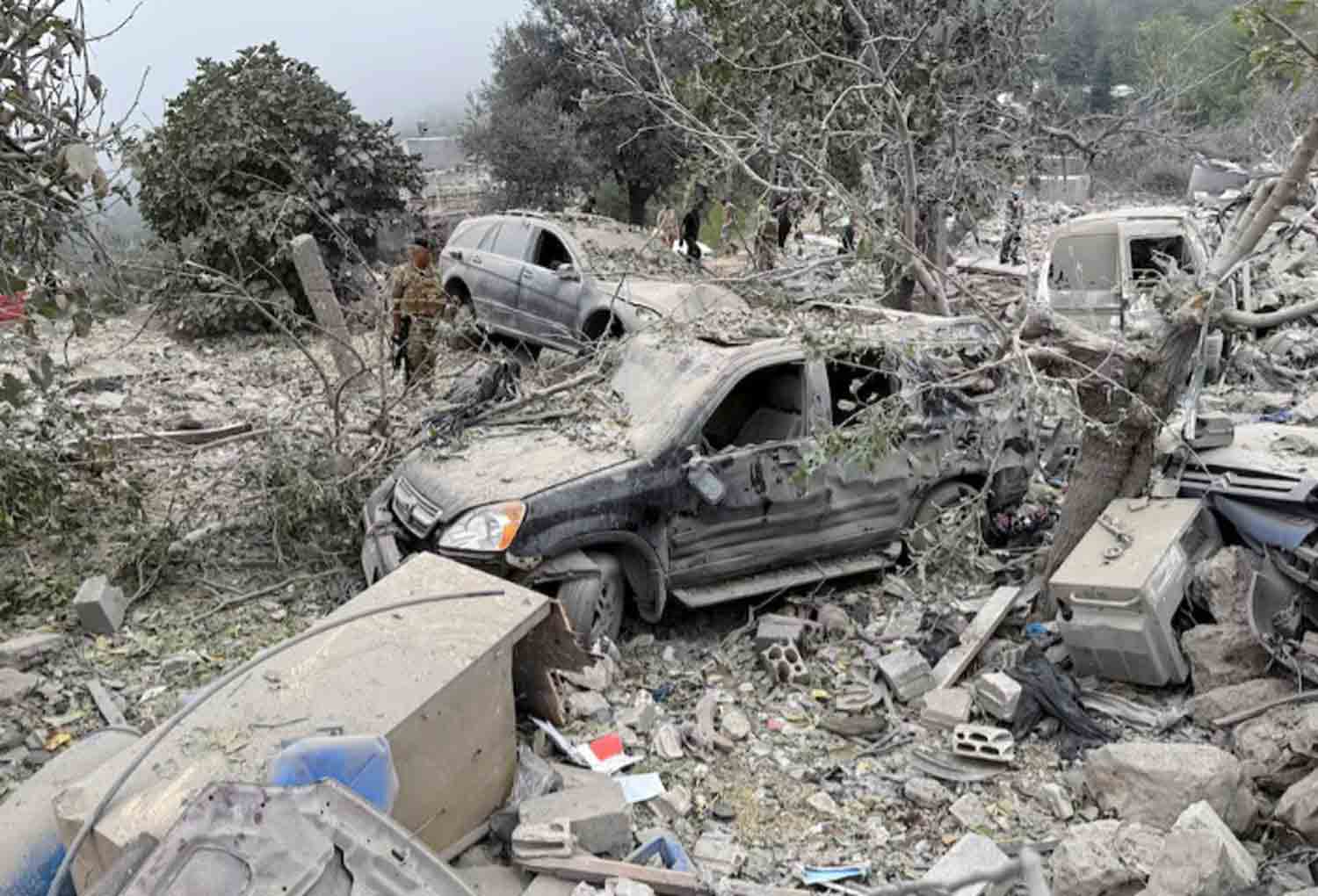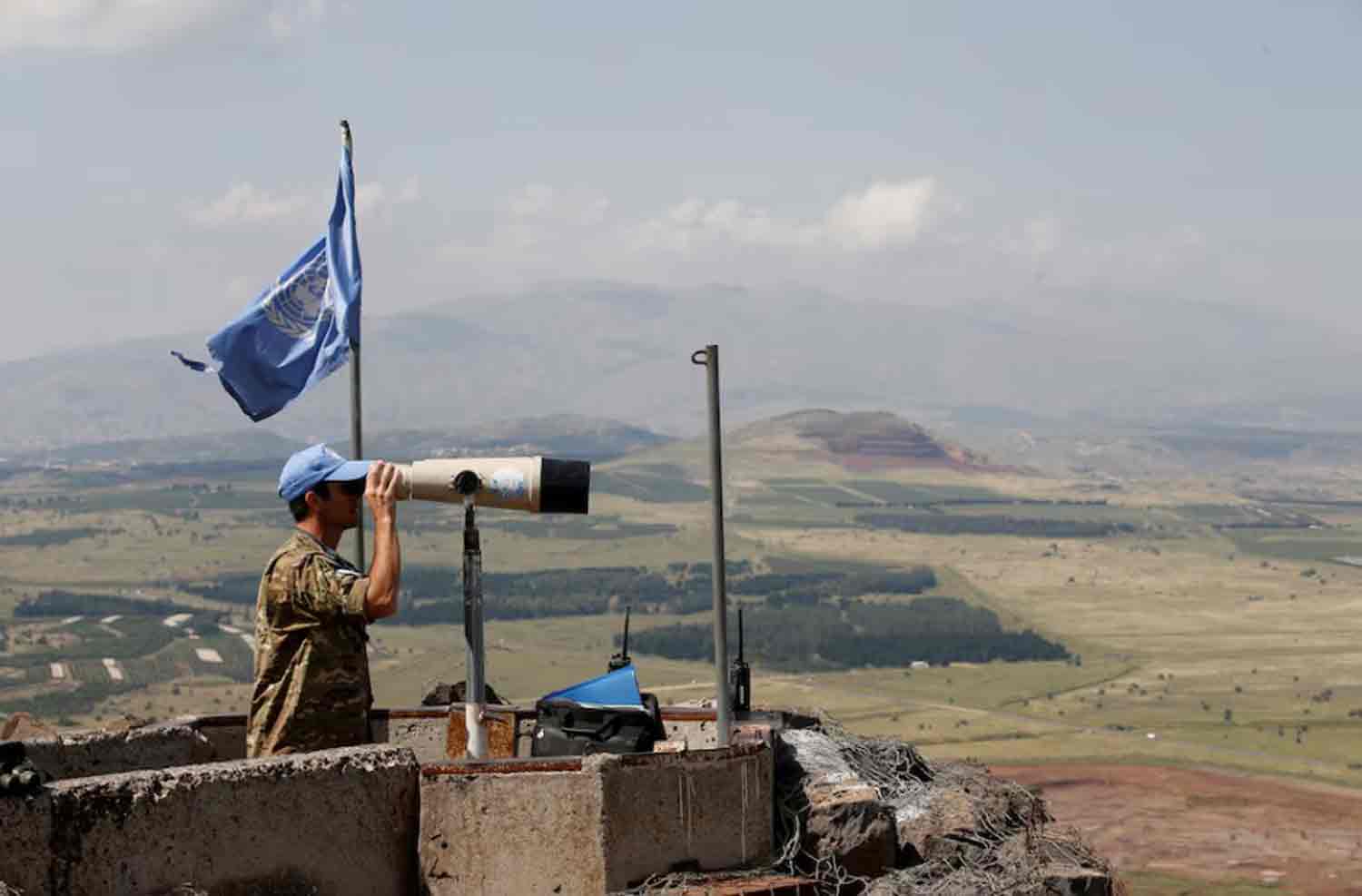Hezbollah’s deputy leader, Naim Qassem, stated on Tuesday that the Iran-supported organization intends to cause “pain” to Israel, while simultaneously advocating for a ceasefire amid ongoing hostilities in southern Lebanon. Israel has intensified its military actions against Hezbollah following incursions into the area, which included the killing of key Hezbollah figures, notably veteran secretary-general Hassan Nasrallah last month, marking a significant setback for the group.
Qassem emphasized, “The solution lies in a ceasefire; we are not expressing ourselves from a stance of weakness. If the Israelis reject this, we will persist.” He added that following a ceasefire, based on an indirect agreement, settlers would return to the north, and further measures would be established. Israel has not yet responded, but it maintains that its operations in Lebanon are aimed at ensuring the safe return of the many residents who were displaced from northern Israel due to Hezbollah’s assaults.
Qassem stated that Hezbollah maintains the right to launch attacks throughout Israel, citing similar actions taken by its adversary in Lebanon. He warned that an increasing number of Israelis would face displacement, with “hundreds of thousands, potentially exceeding two million, at risk at any moment, on any day.” He emphasized, “Our focus will be on targeting the Israeli military and its installations.”
On Monday, Prime Minister Benjamin Netanyahu affirmed that Israel would persist in its offensive against Hezbollah “relentlessly, across all of Lebanon – including Beirut.”
The U.N. refugee agency reported on Tuesday that Israel has issued military evacuation orders impacting over a quarter of Lebanon, following two weeks of Israeli military operations in southern Lebanon aimed at combating Hezbollah. These statistics highlight the significant toll on the Lebanese population as Israel seeks to undermine the Iran-backed militant group and dismantle its infrastructure amid the ongoing conflict.
Rema Jamous Imseis, the U.N. refugee agency’s Middle East director, noted that the latest Israeli evacuation orders affecting 20 villages in southern Lebanon have resulted in over a quarter of the nation being impacted. “People are responding to these evacuation requests, fleeing with almost nothing,” she remarked during a briefing in Geneva. According to the Lebanese government, Israeli airstrikes have resulted in at least 2,309 fatalities over the past year, with more than 1.2 million individuals displaced.
Since late September, the majority of casualties have occurred following Israel’s escalation of its military operations. The reported figures do not differentiate between civilians and combatants. According to Israeli sources, approximately 50 individuals, including both soldiers and civilians, have lost their lives.
On Monday, Israel intensified its bombing campaign in Lebanon, resulting in the deaths of at least 22 people due to an airstrike on a residence in the north, where displaced individuals had sought shelter from earlier strikes in the south, as reported by health officials.
Jeremy Laurence, spokesperson for the U.N. human rights office, indicated that among the 22 fatalities were 12 women and two children, referring to the airstrike in the predominantly Christian town of Aitou. He urged for an investigation into the incident, expressing concerns regarding compliance with “the laws of war.”
Local media reported that rescue teams continued to recover bodies from the debris in Aitou on Tuesday. While Israel has not issued a statement regarding the Aitou airstrike, it maintains that it takes extensive measures to minimize civilian casualties.
CONCERN REGARDING ATTACKS ON PEACEKEEPERS
Israel’s military operations in Lebanon have primarily concentrated on the Bekaa Valley in the east, the suburbs of Beirut, and the southern regions. U.N. peacekeepers have reported that Israeli fire has repeatedly struck their bases, resulting in injuries to some personnel.
According to Israel’s military, approximately 20 projectiles were launched from Lebanon into Israeli territory following sirens in the Haifa Bay and Upper Galilee areas, with some of these projectiles being intercepted.
The extensive displacement of people in Lebanon due to Israel’s military actions has raised fears of renewed sectarian conflict. Lebanon is home to over a dozen religious sects, and its political landscape is heavily influenced by sectarian affiliations. These divisions were a significant factor in the brutal civil war from 1975 to 1990, which claimed around 150,000 lives and involved neighboring countries.
Despite concerns regarding civilian casualties, the U.S. has continued to support Israel in its military engagements. The Pentagon announced that components for an advanced anti-missile system began arriving in Israel on Monday, with plans for it to be fully operational soon, as stated in a Tuesday announcement.
The conflict between Israel and Hezbollah reignited a year ago when the militant group began launching rockets at Israel in solidarity with Hamas at the onset of the Gaza war.
In the broader context, the Middle East remains vigilant for potential Israeli retaliation against Iran following a missile barrage on October 1, which was a response to Israel’s actions in Lebanon.
Discover more from Defence Talks | Defense News Hub, Military Updates, Security Insights
Subscribe to get the latest posts sent to your email.





